Sudan
Pro-democracy groups in Sudan announced a "revolutionary council" Thursday to close ranks against coup leader General Abdel Fattah al-Burhan, rejecting his offer of a civilian government, as protesters keep pressing for his resignation.
Burhan led a coup in October last year that derailed a transition to civilian rule, unleashing near-weekly protests and prompting key donors to freeze much-needed funding.
The transitional government he uprooted was forged between the military and civilian factions in 2019, following mass protests and a sit-in outside army headquarters that prompted the military to oust long-time dictator Omar al-Bashir.
But in a surprise move on Monday, Burhan vowed to make way for a civilian government -- an offer quickly rejected by the country's main civilian umbrella group as a "ruse".
On Thursday, pro-democracy groups, including local resistance committees, announced their plans to establish a revolutionary council in opposition to Burhan.
This "revolutionary council will make it possible to regroup revolutionary forces under the orders of a unified leadership", Manal Siam, a pro-democracy coordinator, told reporters.
The council will consist of "100 members, half of whom will be activists from resistance committees", according to another coordinator, Mohammed al-Jili.
The rest of the new organisation will come from political parties, unions, rebel movements opposed to the military and relatives of those killed in the repression of protests, Jili added.
A total of 114 people have been killed in a crackdown against protesters since the October coup, according to pro-democracy medics.
Activists are deeply sceptical of Burhan's promise to make way for a civilian government, not least because he pledged at the same time to establish a new "Supreme Council of the Armed Forces".
Opponents and experts foresee this new body being used to sideline any new government and maintain the military's wide-reaching economic interests, under the pretext of "defence and security" imperatives.
Burhan has also said he will disband the country's ruling Sovereign Council -- established as the leading institution of the post-Bashir transition -- and on Wednesday he fired civilian personnel serving on that body.
The protests against Burhan received a new lease of life last Thursday when tens of thousands gathered, and they have evolved into new sit-ins in some areas.
Young protesters on Thursday sat on stone barricades and on felled pylons in the capital Khartoum, while also maintaining sit-ins in the suburbs and in Jazeera, an agricultural province to the south of the capital.




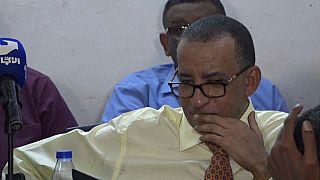
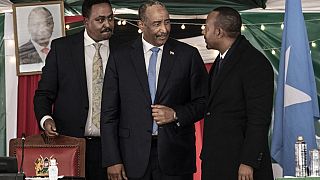
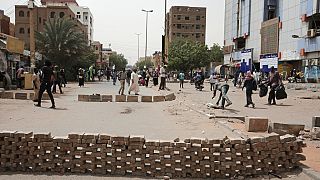
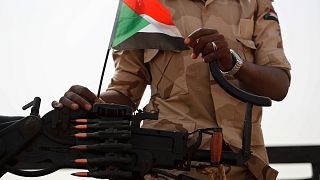
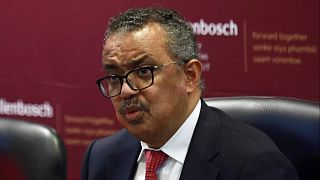
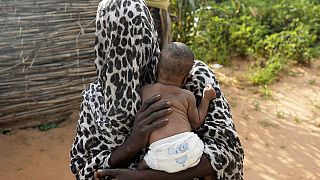



00:48
Death toll in Kenyan anti-government protests rises to 16, says rights group
01:02
Heavy police presence in Nairobi ahead of anniversary protests
02:20
Protests in Kenya set to escalate, warns political analyst
01:51
Police shoot man at close range during Kenyan protests
01:21
Curfew imposed in parts of downtown Los Angeles after days of protests
01:09
Uganda cuts military ties with Germany amid diplomatic rift